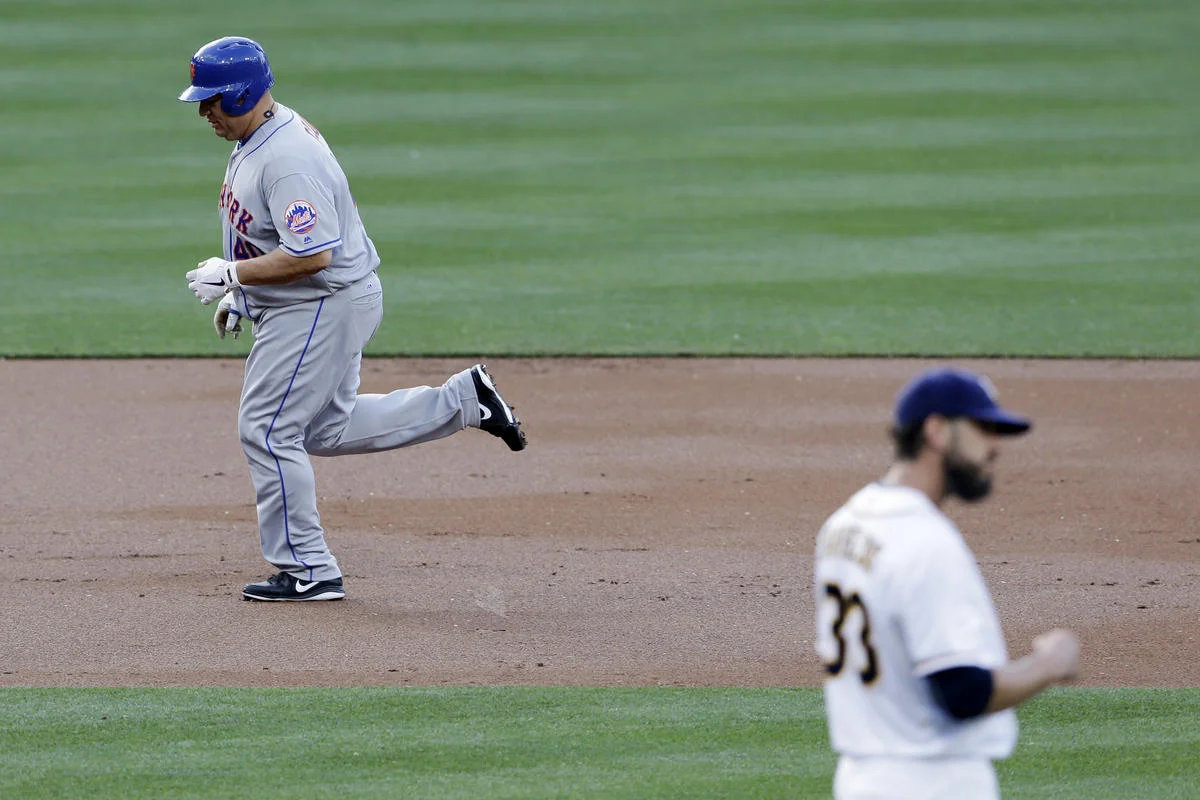On Losing It

"So, we all get old, we cannae hack it anymair and that's it."
"Yeh."
"That's your theory?"
"Yeh! Beautifully fucking illustrated."
A few days ago, wanting some noise on in the background while focusing on something else, I opened up the MLB app and looked for a radio broadcast of a game. The only one being played at the time was a Grapefruit League matchup between the Rays and the Yankees, and the only radio broadcast available was the Rays' feed. So, for the first time in my life, I listened to Rays broadcasters Andy Freed and Dave Wills talk about baseball. At some point in the game they started talking about former Padre James Shields. They spoke about how when he was a minor leaguer he thought he knew what working hard meant. Then, according to Freed and Wills, he started training with his cousin, outfielder Aaron Rowand, and realised he had been deceiving himself. (They may not have used that particular word.) Freed and Wills described how Rowand's workouts would start at 6 AM, clarifying that "start at 6 AM" meant warmed up and ready to go. If Shields turned up late Rowand and whomever else was at the gym that day would lock Shields out. The two broadcasters continued with their story, explaining that when Shields got to the bigs there were veterans on the then-Devil Ray pitching staff (unnamed, of course) who did things a "certain" way, and were not particularly amused by the idea of a rookie trying to change things up. Because of this, Shields had to "bulldog" (a word which will come up again later in this post) his way into changing his teammates' attitudes. In doing so, Shields was key in establishing the culture surrounding preparation and commitment that has existed ever since amongst Rays pitchers and is visible in current and erstwhile Rays staffers such as Chris Archer, Jake Odorizzi, and Alex Cobb. As a result, Wills said, James Shields is the most important pitcher in Rays history.
That final line left me absolutely dumbfounded. James Shields? Five-frame James? Really?
I struggle with the idea that the guy who thinks leadership is a sign that says "If you don't like it... Play better" could be the most important pitcher in any team's history, even one with as little of it as the Rays. But then, relatively similar things were said about Shields' stint in Kansas City. He may not have been there when the Royals won the World Series, but everyone seems to agree that he played a huge part in making it happen.
Shields' time as a Padre was, as you're probably aware, memorable for far different reasons. The Miserable Failures rant is probably the most noteworthy moment in Shields' Padres career, but (as you might have guessed already) my personal favourite is the Bartolo home run:
I like to think that Eric Show, wherever he may be, is aware that this happened and is somehow now at peace, comfortable in the knowledge that forevermore whenever people talk about the Padres pitcher who gave up a record-breaking hit they'll be referring to Juego G and Bartolo.
I think it's safe to declare James Shields, San Diego Padre, an absolute disaster. (White Sox fans aren't exactly doing backflips over his performances, either.) So what happened? How is the guy who gave up that home run the same guy that Andy Freed and Dave Wills were talking about? What did Shields have, and how and when did he lose it?
I don't know what happened to him, but it sure seems like the 2014 playoffs had something to do with it. He was fine in the ALDS, but from that point on the Royals' success during what remained of those playoffs was achieved despite him. Ever since, his career has most closely resembled a long-, slow-burning tire fire. You could argue that's not totally fair - he was average in his first year in San Diego - but at no point since has he given any indication that he'll ever be able to harness his former ability. What must that do to a player's psyche?
I'm not pretending to have any answers. But I can't stop wondering about it. Maybe it's because Shields was just named Chicago's Opening Day starter, and the only emotion that announcement seemed to generate, from either Shields or his manager, was resignation, the baseball equivalent of a deep exhale before getting out of bed on a cold winter morning. Indeed, this spring it's been hard to separate Shields from that feeling; seemingly every time he talks to the media he tacitly acknowledges that he has, for all intents and purposes, lost whatever it was that he had. Go listen to any of the interviews he's given this Spring Training. His words hardly suggest an athlete brimming with confidence and self-belief: "No matter what my results are, I go out there and post every five days... Kinda bulldog it out... I'm not really too worried about the results." There's that word bulldog again, as if that's the most important characteristic you want to see in the purported ace of your pitching staff.
Perhaps it's possible that you give Shields the benefit of the doubt, that you think his words can be understood as a form of quiet defiance, a thumb in the eye of those who would claim that he should quit. But to me they come across very differently. I don't find any sort of defiance in that statement whatsoever. When he tells the media what an honour it is to make his eighth Opening Day start I don't find confidence, I find inevitability. What I find are the words of a baseball player agreeing with his critics.
How much longer can a player's career last once that's happened?